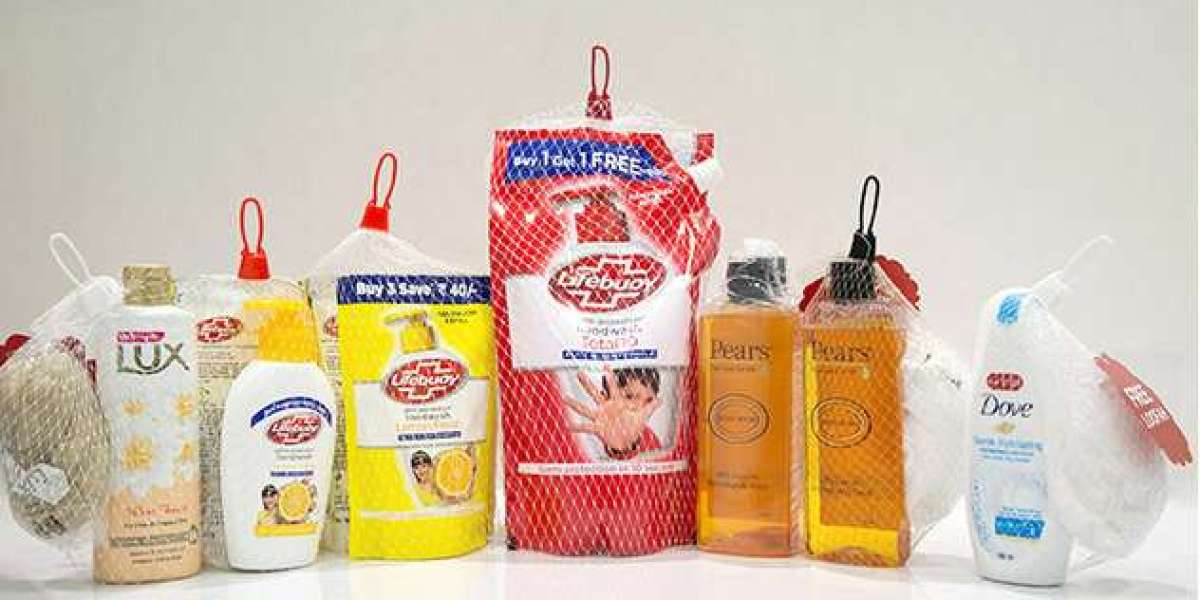Introduction:
Navigating the world of makeup packaging can be challenging for brands, especially when it comes to ensuring compliance with various regulations. Makeup Packaging Manufacturers play a crucial role in managing these complexities, ensuring that packaging meets safety, legal, and environmental standards. For beauty brands, understanding these compliance requirements is essential to building trust with consumers while safeguarding the integrity of the product.
Understanding the Role of Makeup Packaging Manufacturers in Compliance
Makeup packaging manufacturers handle various aspects of compliance, from safety regulations to environmental concerns. Their expertise helps brands avoid legal issues, maintain high product standards, and adhere to sustainability goals. They are responsible for ensuring that packaging materials, labeling, and design align with regulatory requirements. This support allows beauty brands to focus on product development, knowing their packaging is compliant.
Safety Regulations and Packaging Materials
Makeup packaging manufacturers are well-versed in the safety regulations surrounding materials used in packaging. Certain substances, such as phthalates, bisphenol A (BPA), and heavy metals, are restricted in many countries due to their potential health risks. Manufacturers are responsible for sourcing materials that meet safety guidelines, ensuring the protection of consumers. This includes verifying that packaging materials are non-toxic, non-reactive, and safe for skin contact.
Regulation Compliance: Manufacturers ensure that all packaging materials comply with the regulatory requirements of the target market.
Material Safety: They source non-toxic, skin-safe materials, protecting both the brand and consumers.
Certification Handling: Manufacturers often obtain certifications such as ISO standards to prove the safety of the materials used.
Labeling Requirements: What Manufacturers Handle
Labeling is an essential aspect of compliance in makeup packaging. Manufacturers help ensure that the packaging accurately reflects all legal requirements. This includes clear ingredient lists, expiration dates, and proper instructions for use. Accurate labeling prevents false advertising and helps consumers make informed choices. Manufacturers also adhere to specific regional laws, such as the European Union’s strict cosmetic regulations, ensuring that labeling is consistent with local guidelines.
Ingredient Transparency: Makeup packaging manufacturers ensure all ingredients are clearly listed and meet local regulations.
Clear Instructions: They ensure packaging contains proper usage instructions, warnings, and safety precautions.
Expiration Dates: Manufacturers manage the inclusion of expiration dates to ensure consumer safety.
Sustainability Standards: How Manufacturers Contribute
Sustainability is becoming an increasingly important factor in makeup packaging compliance. Brands and manufacturers alike must consider the environmental impact of their packaging choices. Many regulations now require packaging to be recyclable, biodegradable, or made from renewable materials. Makeup packaging manufacturers are responsible for sourcing sustainable materials and ensuring that packaging designs support eco-friendly initiatives. By following these standards, they help brands meet environmental requirements and appeal to eco-conscious consumers.
Recyclable Materials: Manufacturers use sustainable materials that align with recycling regulations.
Eco-Friendly Packaging: They design packaging that minimizes waste and supports sustainability goals.
Waste Reduction: Manufacturers play a key role in reducing packaging waste through innovative designs.
International Regulations and Compliance
Global brands must adhere to a variety of regulations, which can differ significantly from one country to another. Makeup packaging manufacturers are experts in navigating these international regulations, ensuring that products are compliant in multiple markets. This can include everything from specific labeling requirements to packaging material restrictions. By working with manufacturers who are familiar with global compliance standards, brands can confidently expand their reach without worrying about regulatory hurdles.
Local Market Compliance: Manufacturers ensure packaging complies with the specific laws of each market, whether local or international.
Customs and Import/Export Regulations: They manage compliance with international shipping, labeling, and packaging standards.
Multi-Country Requirements: Manufacturers understand the complexities of complying with various regulations across different regions.
How Manufacturers Ensure Consumer Safety and Trust
Consumer safety is a top priority for makeup packaging manufacturers. They help brands meet safety standards to build trust with consumers. This includes testing packaging materials for chemical safety, ensuring that the packaging does not interact negatively with the product inside, and verifying that it protects the contents from contamination. Packaging manufacturers also follow strict quality control procedures to ensure that every package meets high safety standards before reaching the consumer.
Chemical Safety: Manufacturers test for potentially harmful substances in packaging materials.
Packaging Integrity: They ensure that the packaging maintains the product's quality and safety throughout its shelf life.
Quality Control: Manufacturers implement thorough testing to guarantee safe, high-quality packaging.
The Role of Packaging Design in Compliance
The design of makeup packaging goes beyond aesthetics; it also plays a significant role in compliance. Makeup packaging manufacturers ensure that the design meets functional and regulatory standards. This includes ensuring that packaging is tamper-proof, prevents leakage, and is easy to use. Moreover, packaging designs often need to include safety seals or other protective features that comply with industry regulations, such as child-resistant closures for certain products.
Tamper-Evident Features: Manufacturers ensure packaging designs include safety seals and tamper-proof mechanisms.
Child-Resistant Packaging: They help design packaging that meets child safety regulations where necessary.
Leakage Prevention: Manufacturers ensure the packaging is airtight and secure to prevent product leakage.
The Importance of Transparency in Makeup Packaging Manufacturing
Transparency is crucial in the beauty industry, especially when it comes to packaging compliance. Makeup packaging manufacturers ensure that brands are open about their sourcing and manufacturing processes. This helps build consumer confidence and trust. Additionally, transparency in the sourcing of sustainable and safe materials allows consumers to make informed decisions about the products they purchase.
Material Sourcing: Manufacturers disclose the origins of materials used in packaging.
Process Transparency: They provide information about manufacturing processes, ensuring ethical and safe practices.
Certification and Documentation: Manufacturers offer certifications that confirm compliance with safety, sustainability, and quality standards.
Conclusion:
When choosing a makeup packaging manufacturer, it’s essential to partner with a company that understands the importance of compliance and safety. Clarion Cosmetics stands out as one of the best cosmetics product manufacturers, offering expertise in navigating the complex world of regulations, sustainability, and consumer safety. By working with Clarion Cosmetics, brands can rest assured that their packaging meets the highest standards, allowing them to focus on creating exceptional products that resonate with consumers.





